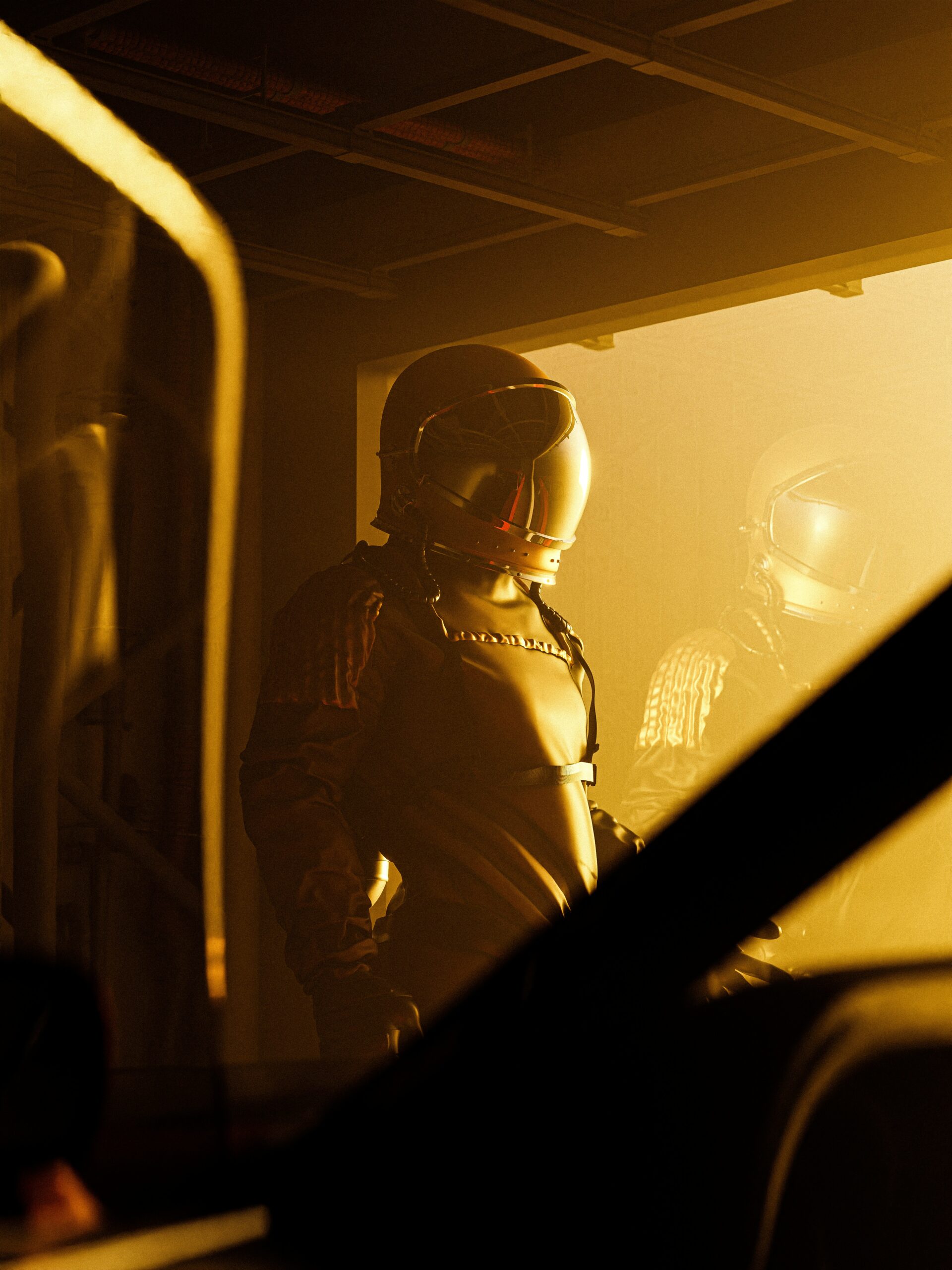We all admire how astronauts conquer space. However, the romanticization of this profession is crushed by the realization that sending humans into space is a difficult and dangerous task. Since space exploration began, 20 people have died: in NASA’s shuttle disasters in 1986 and 2003, the deaths of astronauts during the Soyuz 1 and Soyuz 11 missions, and three astronauts in the Apollo launch pad fire in 1967.

Given the complexity of spaceflight, the death rate is low. However, with NASA’s plans to send a crew to the Moon in 2025 and to Mars in the next decade, the probability of losses is increasing. In parallel, space tourism is actively developing, which also increases the risk of death during flights.
The scenarios for accidents are many. If someone goes into outer space without a spacesuit, death is instantaneous due to loss of pressure and vacuum. On the Moon or Mars without a spacesuit, the result will be similar: suffocation and blood boiling. Fatalities are also possible during rocket launches and spacecraft landings, as these are the most dangerous phases of flight.
What about the body?
If someone dies in space, the question arises: what to do with the body? If the death happens in low-Earth orbit, for example, aboard the ISS, the body can be returned to Earth within a few hours. In the event of a death on the Moon, the crew can bring the body home within a few days, and NASA even has protocols for such accidents.
In the event of an astronaut’s death during a mission to Mars, the crew would not be able to return immediately. The body will most likely be stored in a separate chamber until the mission is completed in a few years. The stable temperature and humidity inside the spacecraft will help keep the body from decomposing.
Burial on Mars or Earth?
If an astronaut dies on the surface of Mars, cremation would not be possible due to the high energy cost. Burial is also undesirable because of possible contamination of the surface of Mars with bacteria from the body. The best solution is to store the body in a special bag until it is returned to Earth.

Now there are a lot of unknowns about how to behave in case of death in space. It is important not only to deal with the body, but also to help the crew psychologically cope with the loss and support the families of those who died on Earth. Colonization of other worlds requires planning and protocols for such situations.
According to yahoo.com


